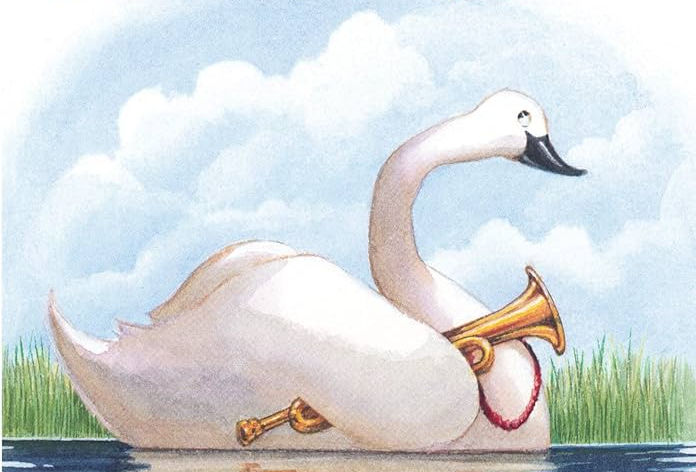Chariots of Fire
- Joe

- Aug 22, 2024
- 4 min read
Updated: Aug 22, 2024
The Olympics are over, but there's still a good story to tell and you'll have to pretend this was more timely. This year, for the XXXIII (33rd) Olympiad, the Games were hosted in Paris, France. Exactly 100 years ago the VIII (8th) Olympiad was also in Paris, where more than 3000 athletes from 44 nations competed in 126 events. (That's compared to more than 11,000 athletes from 204 nations competing in 329 events in 2024.) Though there were a lot fewer competitions back then, the sprints, I'm talking the 100, 200 and 400 meter dashes, were premiere events as they are today. This bit of track of field in that Olympics would be enshrined with the Best Picture winning Chariots of Fire (1981) 50 plus years later. It's probably my favorite sports movie and will be the topic today.
Chariots of Fire follows two men of the British Olympic team leading up to and during the 1924 Games in Paris. One, Harold Abrahams, was English, Jewish and is portrayed as being almost fanatically driven. His pathway to success was through Cambridge University, a high-brow haven of tradition, academics and athletics. The school produced quite a few British Olympians and even amongst this group he was by far the most competitive, the most obsessed. The other, Eric Liddell, was born in China to Scottish Christian missionaries. It was his faith that defined him more than his success at sport, though he was undoubtedly a tremendous athlete. First known as a teen for cricket and rugby, he later focused only on running at the University of Edinburgh and was considered the fastest man in Scotland.
We meet both men a few years prior to the Olympic Games, with Abrahams starting school at Cambridge in 1919 and Liddell at Edinburgh in 1920. Abrahams shows up with something to prove, a chip on his shoulder, from the start. A lot of this, he admits, is simply because he's a Jew. Still, he finds camaraderie and has other interests (like the opera, specifically Gilbert and Sullivan), but his sole goal is becoming a champion. Intensity emanates from him and his methods ruffle some feathers. Liddell is different, and puts no such pressure on himself. He's only really torn by his sister who believes his running is a distraction from his true calling, bringing others to Christ. In one of the movie's most memorable moments, Liddell tells her he believes he was given a gift and it would be wrong to waste it. When he runs, he runs for God. The juxtaposition of these two becomes rather jarring. They sort of have a rivalry but it's rather one sided, with Abrahams feeling the need to beat Liddell but comes woefully short in their one race prior to the Olympics. It wrecks him, then drives him more than ever before.
They depart for Paris and are set to face off in the 100 meters. Here presents the real dilemma for Liddell, as the heats are on a Sunday. He's always kept the Sabbath and doesn't intend to change that even in this moment, but he's spent years in preparation and believes his actions divinely inspired. Processing it all would be hard enough before some British bigwigs try to get him to change his mind in pursuit of national glory. He remains steadfast and withdraws, but an opportunity quickly arises to run the 400 meter instead. It goes, let's say, rather well. In the 100 meter final it all comes together for Abrahams as he beats the two American favorites and wins gold. Finally reaching the summit, the goal he'd long sought, the victory almost feels hollow. What happens for a man like him when that happens? What does he do next?
I've learned some of the liberties taken by the film, which should probably be noted though they don't take away from the story. In real life the schedule for the 100 meters was posted months prior and Liddell's switch was made well in advance. The meeting with the committee and the gracious act by another athlete ('Lord Lindsay,' not a real person) were contrived for dramatic effect. Also, both Abrahams and Liddell ran the 200 but neither wins, so Liddell's achievement, a bronze medal(!), is removed while Abrahams' loss is shown as a new low point. The key point remains, Liddell was best suited to run the 100 and, because he was uncompromising in his faith, he did not, then instead ran a much longer race.
Both athletes are compelling, for different reasons. Abrahams faces prejudice, for his religion, for his class, and overcomes it. He's a perfect example of the emotional roller-coaster of sports, and you'll connect with him if you have any competitive fire within. I especially respect that in the end he gets over himself and becomes a dutiful elder-statesman of British athletics. Liddell, on the other hand, has none of the struggles shown by Abrahams, of self-doubt or despair at losing (not that he's ever shown doing that). He's wholly committed to his eternal mission, which we see in large part through his all-in style of running, his reckless abandon, and it's like a superpower. Liddell demonstrated for all of us there's more to life than what we can achieve for ourselves and is truly an inspiration. (And that's before you hear about his internment and death in China.)
But store up for yourselves treasures in heaven, where moths and vermin do not destroy, and where thieves do no break in and steal. For where your treasure is, there your heart will be also. Matthew 6:20-21
If you've never seen this movie, you should. In addition to everything else the music is, obviously, amazing.








Comments